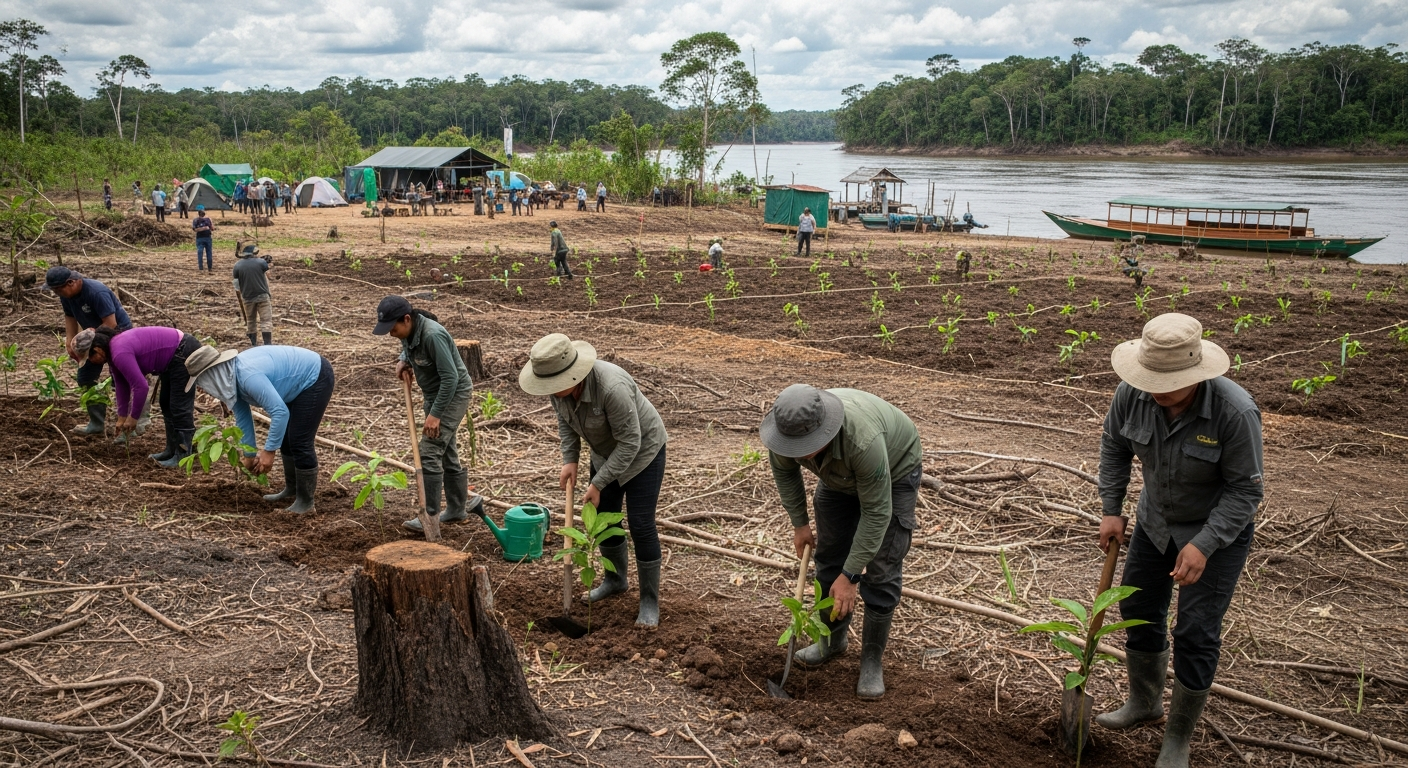"Reassessing the Role of Executive Orders in Modern Governance"
The use of executive orders in governance has been a contentious issue, often sparking debates around executive overreach and constitutionality. This article delves into the history, current usage, and implications of executive orders, bringing a fresh perspective to this critical aspect of governance.

The Genesis of Executive Orders
Executive orders trace their roots to the U.S constitution, specifically Article II, which outlines the powers of the President. While the constitution does not explicitly mention executive orders, it vests the “executive power” with the President, which has been interpreted to include the authority to issue these directives. The first recorded executive order was issued by President George Washington in 1789, setting a precedent for future presidents.
Evolution and Proliferation of Executive Orders
Over the years, the use of executive orders has evolved, with some presidents employing them more frequently than others. President Franklin Roosevelt holds the record for issuing the most executive orders, with his New Deal policies significantly expanding the role of the federal government. In recent times, executive orders have been used to address a variety of issues, from immigration reforms to environmental regulations.
Executive Orders in the Modern Era
In the contemporary political landscape, executive orders have been employed with increasing frequency. Presidents often use executive orders to bypass legislative gridlock and implement policy changes swiftly. However, this approach has drawn criticism from those who argue it undermines the checks and balances established by the constitution.
Legal Controversies and Implications
Executive orders have often been the subject of legal scrutiny, with critics questioning their constitutionality. The Supreme Court has occasionally intervened, striking down executive orders it deems overstep the bounds of presidential authority. The implications of such interventions are far-reaching, shaping the discourse on executive power and its limits.
Impact on Society and Governance
Executive orders play a critical role in shaping policy and steering the direction of the nation. They can have profound effects on society, affecting everything from civil rights to economic policies. However, the potential for misuse of this power raises serious concerns about the balance of power in government.
In conclusion, executive orders continue to be a potent tool for presidents, enabling them to implement policy changes swiftly. However, the debate around their usage is far from settled, with questions about constitutionality and executive overreach remaining pertinent. Understanding the dynamics of executive orders is crucial for citizens to grasp the nuances of governance and the exercise of executive power.






